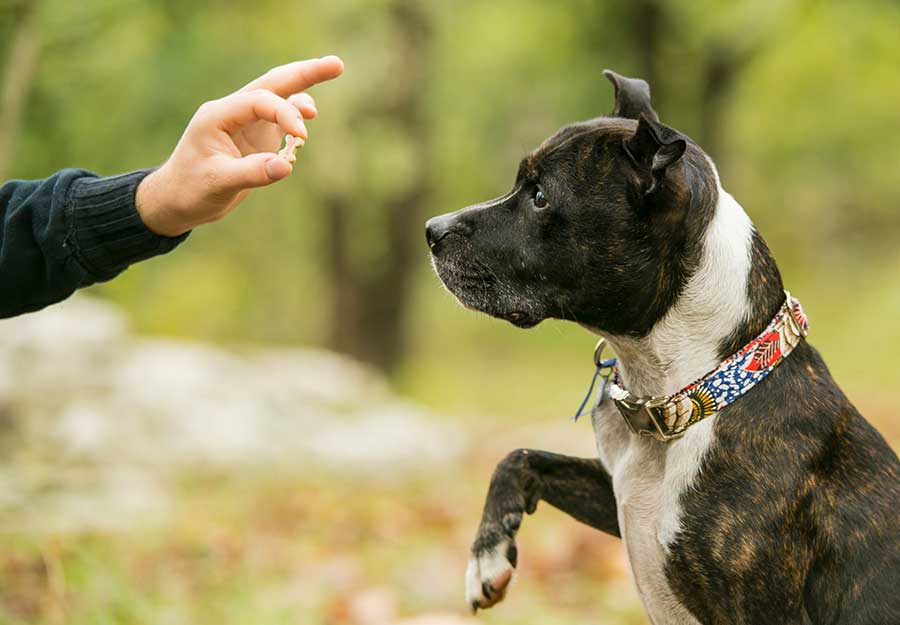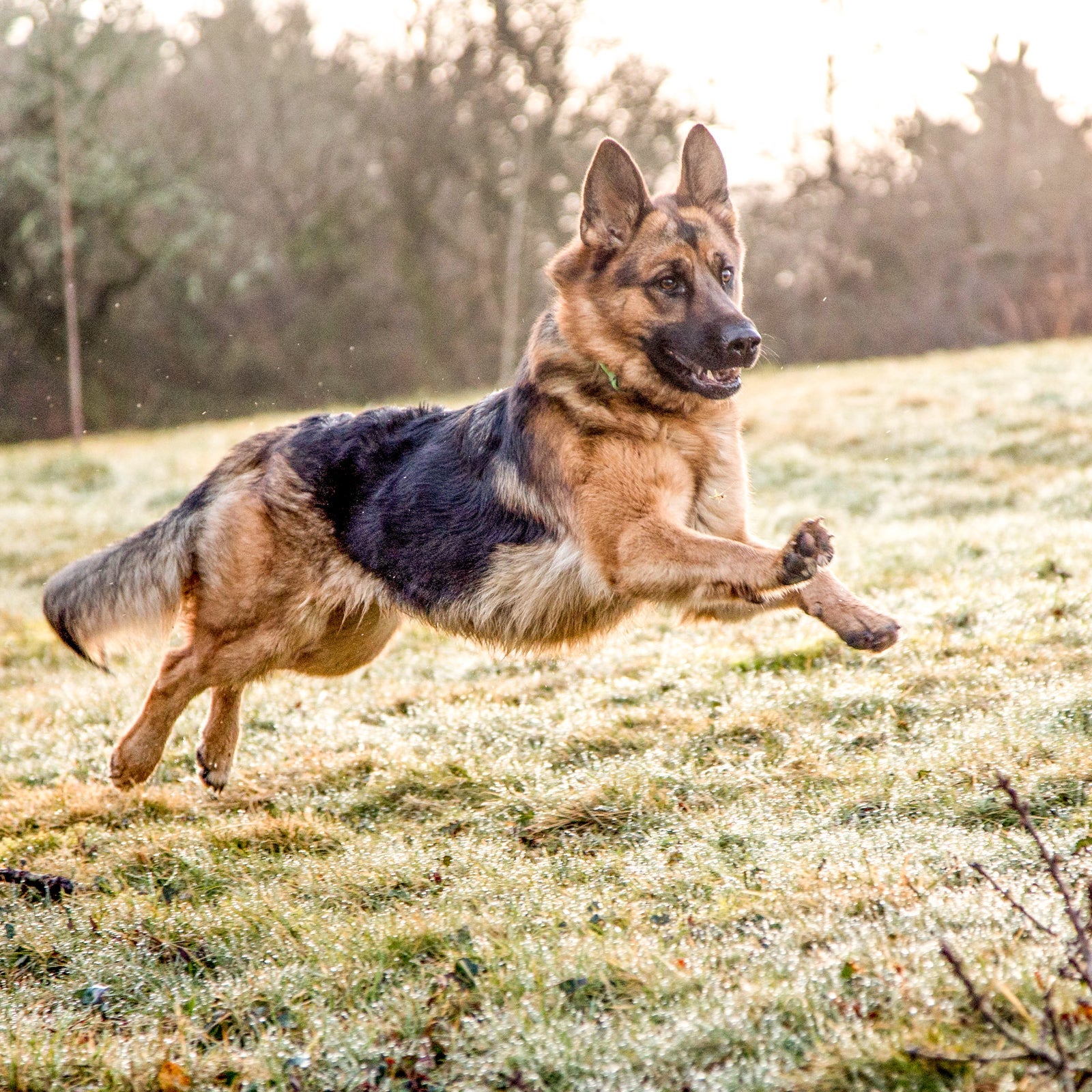The Ultimate Overview to Pet Dog Training: Change Your Pet dog's Actions
Reliable canine training is vital for promoting a harmonious partnership in between pets and their owners. The intricacies of canine actions and the application of structured training methods play a critical function in this process. By understanding the concepts of positive reinforcement, consistency, and socializing, pet dog owners can navigate usual difficulties that occur throughout training. This guide not just intends to furnish you with the essential devices to transform your pet's habits however also welcomes you to explore exactly how these fundamental principles can result in a much deeper connection with your pet dog. What may be the primary step in this transformative trip?
Understanding Dog Behavior
Comprehending pet habits is important for reliable training and a harmonious partnership between pet dogs and their proprietors. A dog's habits is influenced by a mix of genes, setting, and experiences. Dog training. Recognizing these elements permits owners to tailor their training approaches to meet the specific demands of their pet dogs
Pets communicate primarily via body language, vocalizations, and facial expressions. A wagging tail can show exhilaration or joy, while a put tail might indicate concern or entry. Observing these hints allows proprietors to respond appropriately, enhancing favorable habits and attending to negative ones successfully.
In addition, recognizing the social structure of pets can provide understandings into their actions. Pet dogs are pack animals, and they prosper in an organized atmosphere. Developing clear limits and consistent policies can prevent complication and advertise a sense of safety and security.
Moreover, acknowledging the all-natural impulses of pets, such as need to chase after or dig, is vital. These instincts can be redirected via appropriate outlets, such as play or workout. By adequately comprehending these behavior facets, proprietors can promote a favorable training experience, ultimately causing a obedient and well-adjusted canine companion.
Crucial Training Methods
Reliable pet training relies on a selection of vital strategies that can considerably improve the discovering procedure for both the owner and the canine. One essential method is favorable support, which entails fulfilling preferable behaviors with deals with, appreciation, or play. This method motivates dogs to repeat the actions that lead to positive outcomes, promoting a trusting partnership in between the animal and proprietor.
An additional trick method is uniformity in commands and expectations. Making use of the same spoken signs and hand signals aids the pet recognize what is needed, lowering complication and advertising quicker understanding. In addition, developing clear boundaries and guidelines is vital for efficient communication.
Socialization is also an important element of training. Exposing dogs to various settings, people, and other pets aids them establish suitable social skills and lowers stress and anxiety in unknown situations.
Last but not least, perseverance and timing are important. Training sessions must be short yet constant, guaranteeing that the pet dog stays engaged and responsive. By using these essential strategies, owners can develop a structured and favorable training experience that advertises etiquette and enhances the bond with their canine companions.
Developing an Educating Schedule
Exactly how can a well-structured training schedule improve a dog's understanding experience? A training routine gives consistency, ensuring that pet dogs obtain regular, concentrated instruction. This predictability assists dogs comprehend what is expected view website of them, enhancing their learning and permitting for better retention of actions and commands.
When creating a training timetable, it is important to take into consideration the dog's age, breed, and specific personality. Young young puppies might take advantage of shorter, extra constant sessions, while grown-up canines may flourish with longer, less constant training periods. Integrating a range of tasks can also keep the sessions engaging, preventing boredom and advertising interest for discovering.
Additionally, scheduling training sessions at particular times of the day can help solidify a regimen. For example, matching training with daily walks or playtime can create a positive association with learning. It is likewise critical to consist of time for support, such as deals with or appreciation, to compensate wanted actions without delay.
Last but not least, adaptability is crucial. While uniformity is essential, being versatile to the pet's state of mind or power degree can enhance their learning experience. A well-crafted training schedule inevitably lays the structure for reliable go now communication and a more powerful bond in between the pet dog and owner.
Common Training Challenges
Despite having a well-structured training schedule, pet proprietors usually encounter numerous obstacles throughout the training process. One common concern is incongruity in signs and commands. When several family members make use of different terms or tones, a canine may become confused, preventing its capability to learn efficiently.
One more frequent obstacle is diversion. Dog training. Canines are normally curious creatures, and exterior stimuli such as various other pets, noises, or individuals can divert their attention throughout training sessions. This needs proprietors to produce a controlled atmosphere or gradually introduce diversions to strengthen focus
In addition, differing energy degrees can affect training results. High-energy pet dogs may have a hard time to calm down and concentrate, while a lot more easygoing types might need additional inspiration to engage. Customizing the training approach to fit the specific pet dog's character is vital for success.

Structure a Solid Bond
A solid bond in between a dog and its proprietor is important for effective training and general health. Dog training. This partnership cultivates trust fund, which is important for efficient interaction throughout the training procedure. When a pet really feels linked and safe and secure to its proprietor, it is more likely to respond positively to commands and hints
To develop this bond, consistency is essential. Establishing a routine that includes regular feeding, exercise, and training sessions aids develop a feeling of security. In addition, positive support methods, such as treats, praise, and play, enhance preferred behaviors while strengthening the emotional link.
Socializing is one more important aspect of bond-building. Revealing your dog to various environments, people, and other pets helps them feel more confident and comfy, improving the bond with their owner. Involving in tasks together, such as walking, playing bring, or taking part in obedience training, promotes teamwork and shared satisfaction.
Verdict

Comprehending canine habits is vital for reliable training and a harmonious relationship between pets and their proprietors.Efficient dog training counts on a selection of important techniques that can dramatically improve the learning procedure for both the proprietor and the canine.In spite of having a well-structured training timetable, pet dog owners commonly experience various obstacles throughout the training procedure.In conclusion, effective pet dog training counts on a detailed understanding Your Domain Name of canine habits, the application of important strategies, and the establishment of an organized training routine. By highlighting favorable support and uniformity, canine proprietors can considerably enhance their animals' habits, eventually ensuring a harmonious connection and promoting the health of both the pet dog and its atmosphere.